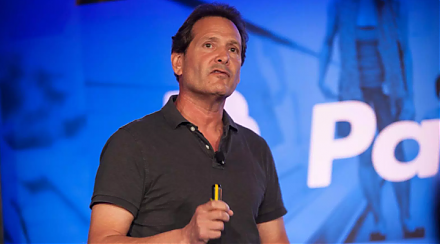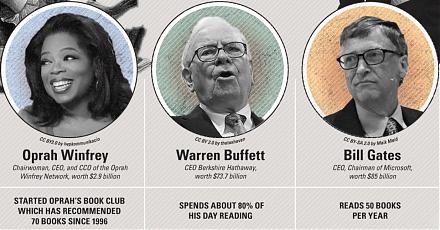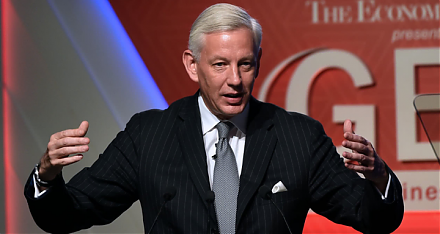

2019-07-09 15:14:00 Tue ET
stock market competition macrofinance stock return s&p 500 financial crisis financial deregulation bank oligarchy systemic risk asset market stabilization asset price fluctuations regulation capital financial stability dodd-frank
The Chinese new star board launches for tech firms to list at home. The Nasdaq-equivalent new star board serves as a key avenue for Chinese tech companies to raise funds as the stock exchange criteria are less stringent than other domestic boards. In recent years, the Chinese government encourages local tech firms to become more self-reliant in producing microchips and other core components. This new star board arises amid the current Sino-American trade escalation and recent U.S. embargo on the HuaWei supply chain of electronic imports.
As of mid-2019, the new star board has received applications from 122 tech firms. Tech companies with at least RMB$300 million ($43 million) net income can list on the new star board insofar as these companies maintain the minimum stock market capitalization of RMB$2 billion with RMB$100 million cash flows in the prior 3 years. The board is the first registration-driven IPO system that streamlines price flotation restrictions. Like Facebook, Google, Alibaba, and JD etc, Chinese tech companies with a dual-class shareholding structure are eligible to apply for public registration. Alibaba has to mull over its recent proposal to list on Hong Kong Stock Exchange several years after its blockbuster IPO on NYSE.
If any of our AYA Analytica financial health memos (FHM), blog posts, ebooks, newsletters, and notifications etc, or any other form of online content curation, involves potential copyright concerns, please feel free to contact us at service@ayafintech.network so that we can remove relevant content in response to any such request within a reasonable time frame.
2018-10-19 13:37:00 Friday ET

PayPal earns great fintech reputation from its massive worldwide network of 250+ million active users. As PayPal beats the revenue and profit expectations o
2018-05-06 07:30:00 Sunday ET

President Trump withdraws America from the Iran nuclear agreement and revives economic sanctions on Iran for better negotiations as western allies Britain,
2019-06-17 11:25:00 Monday ET

To secure better economic arrangements with European Union, Jeremy Corbyn encourages Labour legislators to back a second referendum on Brexit. In recent tim
2026-02-02 12:30:00 Monday ET

With U.S. fintech patent approval, accreditation, and protection for 20 years, our proprietary alpha investment model outperforms most stock market indexes
2019-01-29 10:33:00 Tuesday ET

Global trade transforms from labor cost arbitrage to high-skill knowledge work. In fact, multinational manufacturers have been trying to create global suppl
2022-02-15 14:41:00 Tuesday ET

Modern themes and insights in behavioral finance Lee, C.M., Shleifer, A., and Thaler, R.H. (1990). Anomalies: closed-end mutual funds. Journal